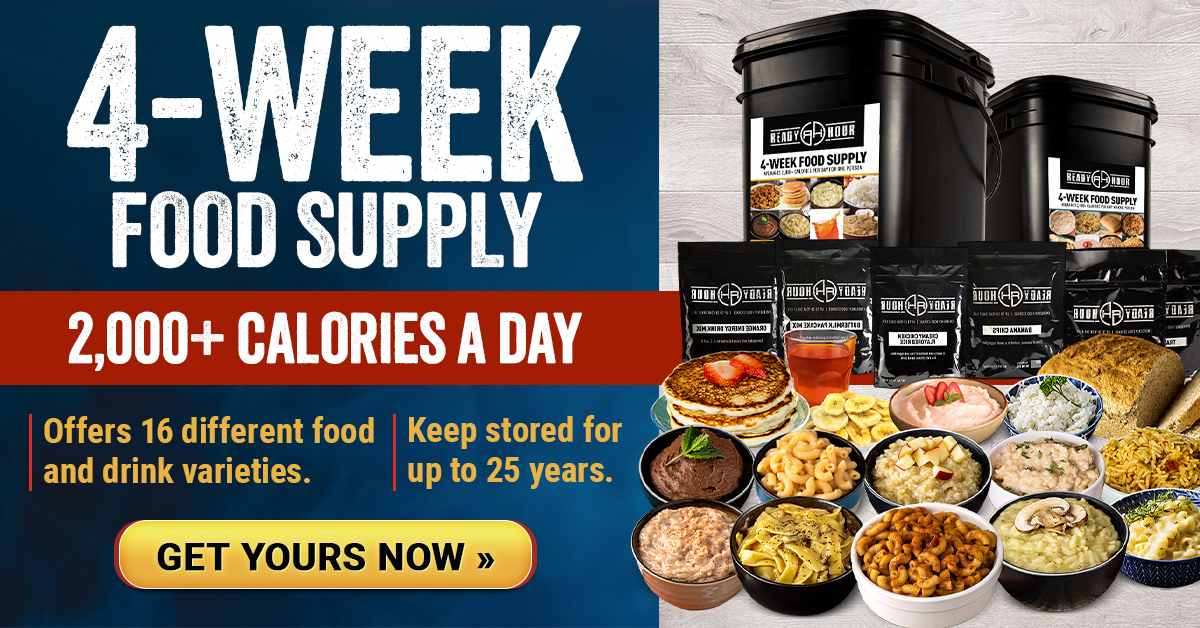(The Economic Collapse Blog)—The rich have been getting richer and the poor have been getting poorer, and this is causing all sorts of societal problems. Thanks to social media, the poor can see the incredible affluence that the wealthy are enjoying, and they are deeply envious. Of course it certainly doesn’t help that flaunting wealth has become one of the favorite pastimes of the wealthy. Many of them love to post photos and videos of their luxury lifestyles on their social media accounts, and that is not a good thing. Because times have not been good for most of the country. In fact, a brand new study from the Federal Reserve has discovered that the bottom 80 percent have “lower bank deposits and other liquid assets compared to their status in March 2020”…
As of June, the bottom 80% of households by income, when adjusted for inflation, had lower bank deposits and other liquid assets compared to their status in March 2020. The decline marks a significant shift from the initial phases of the pandemic, where various factors, including government financial support and restricted spending opportunities during lockdowns, led to an accumulation of excess savings.
In other words, the vast majority of all Americans have been getting poorer.
Meanwhile, the rich have just kept on getting even richer…
The Federal Reserve, along with Bloomberg calculations, identified a rapid drawdown of these excess savings, particularly stark among the lower-income groups. While all income groups have experienced a decrease in real-term cash balances from the peak in 2021, the disparity is noteworthy. The wealthiest one-fifth of households still have cash savings approximately 8% above their pre-COVID levels. In stark contrast, the poorest two-fifths have witnessed an 8% decrease, and the next 40% — broadly representing the middle class — have seen their cash savings fall below pre-pandemic levels.
Right now, the gap between the wealthy and the rest of us is the greatest that it has ever been in the entire history of our nation.
According to a different report that was just put out by the Labor Department, average hourly earnings are lower today than they were when Joe Biden first entered the White House…
Millions of Americans have received a pay cut over the past two years thanks to high inflation, a blow to President Biden as he attempts to center his re-election campaign around “Bidenomics.”
The Labor Department reported Tuesday that average hourly earnings for all employees was $11.05 in October — a 3.32% decline from the $11.43 figure in January 2021, when Biden took office.
And as the pace of layoffs picks up, soon millions of Americans won’t have a job to go to at all.
This week, we learned that Citigroup has begun large scale layoffs…
One of the U.S.’ top banks will begin massive layoffs on Wednesday in a corporate overhaul as the company seeks to trim its operating expenses to levels more in line with its competitors, according to CNBC.
Citigroup will begin cutting employees on Wednesday, with new terminations continuing to be announced through next week, affecting some chiefs of staff, managing directors and lower-level employees, according to CNBC. Following the initial round of layoffs, more employees in less senior positions are expected to be dismissed in February, with the layoffs being expected to be fully completed by March 2024.
And Stellantis has just announced that it has offered buyouts to approximately half of their salaried employees…
Stellantis, one of the Big Three U.S. automakers, on Monday offered buyouts to about half of its salaried employees as it looks to cut costs as it transitions to electric vehicles (EVs) and takes on increased costs from a new union contract.
The parent company of major car brands like Chrysler, Dodge, Jeep and Ram offered voluntary buyouts to about 6,400 of its roughly 12,700 salaried employees who aren’t represented by a union and have at least five years of experience. Employees who accept the incentive will depart the company before the end of December.
As economic conditions have deteriorated, crime has soared.
In recent days I have written about the shocking thefts that we are witnessing all over the nation, but this one tops them all…
This is the shocking moment a mob of 40 people looted a FedEx truck while it was stopped at a red light in Memphis, Tennessee.
Around 8:30pm Saturday, a 53-foot trailer was ransacked while it sat in traffic at the intersection of Riverport Road and West Mallory Avenue.
After the driver reported the theft, the Memphis police arrived and saw vehicles speeding away recklessly along with a number of boxes thrown across the road.
The FedEx truck had nowhere to go, because once it reached the intersection there were cars that suddenly moved into position to block it…
The truck driver told the police that cars blocked the intersection just before a group of men broke open the sealed back door and looted the trailer.
Three men have since been detained after the raging group caused nearly $10,000 in damages – and stole numerous items such as Kicker Speakers, a box of air liners and three DirectTV cable boxes.
In my brand new book entitled “Chaos”, I specifically warn people to avoid Memphis if at all possible.
It has become one of the most dangerous cities in the entire country.
But of course we are starting to see these sorts of crimes everywhere.
Large groups of people have decided that it is okay to take from the rich and the corporations that they control and give to the poor (themselves) because the rich probably exploited the poor to get their wealth in the first place.
This sort of “Robin Hood mentality” is extremely dangerous, and it is rapidly spreading.
And now we have an election season and a war in the Middle East to add fuel to the fire. On Thursday, a crazed group of protesters shut down the entire Bay Bridge…
A well-coordinated group of hundreds of Pro-Palestine protesters shut down the Bay Bridge on Thursday morning, tying up traffic during rush hour and calling out to world leaders to end the war in Gaza during the APEC summit.
The four-hour chaotic event, which started around 7:45 a.m., ended with at least 70 arrests and 29 towed cars. All lanes finally reopened just before noon, but not after at least 200 protesters had chained themselves together and purposefully tossed their car keys into the bay, stalling efforts to reopen the span to frustrated drivers.
Needless to say, this is just the beginning.
The war in the Middle East is going to continue to escalate, and 2024 will be the most chaotic election year that any of us have ever seen by far.
So buckle up and hold on tight, because we are going to see staggering levels of civil unrest and crime in 2024 and beyond.
Michael’s new book entitled “Chaos” is now available in paperback and for the Kindle on Amazon.com, and you can check out his new Substack newsletter right here.






Wow, thanks to Snyder for telling us water is wet?!?!
“As economic conditions have deteriorated, crime has soared.”
Crime has soared because governors of many states (Washington, California, Oregon, Illinois, New York, Georgia, Massachusetts, maybe others) have reduced their state prison populations by one–third or more while city and county DAs and prosecutors refuse to lock up the most dangerous psychos while actively working to decriminalize serious crimes (by making them NON–PROSECUTABLE)!
Add to that the ILLEGALS invading across the border, many foreign criminals dumped out of foreign prisons and deported to the Americas! (The African country of Gambia routinely avoids prison costs by simply deporting all convicted criminals!)
In Washington state, former governors Gary Locke and Christine Gregoire both signed the Interstate Compact on Parolees, importing 3 out of every 4 ex–convicts from the other 26–state signatories! Greatly increased the murder, rape, assault and dope dealing rates in the Puget Sound region and provided a ready personnel source for antifa/BLM, etc.
Regarding the FedEx robbery —- should ask Joshua Cooper Ramo about it since that Kissinger Associates director sits on the board of FedEx and his mother, Roberta Cooper Ramo, is affiliated with The 65 Project, which is responsible for mass lawfare against all Trump–affiliated attorneys and any questioning the 2020 election fraud!!!